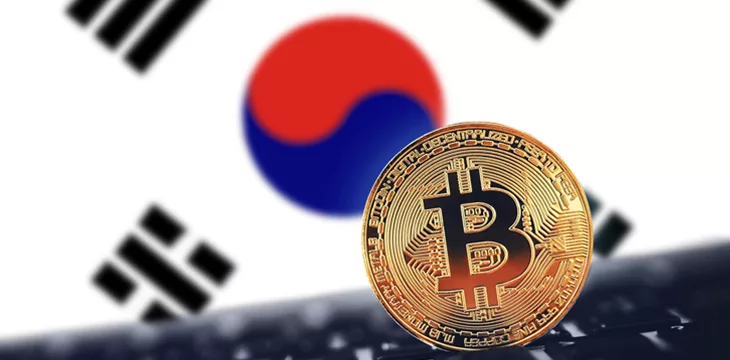
South Korean regulators now focus on over-the-counter (OTC) digital currency transactions in response to heightened criminal activity.
Officials of the Financial Services Commission (FSC) and the Korea Customs Service share ideas on the best ways to regulate OTC transactions, as outlined in a local report. Officials from both agencies attended a session on “Criminal Legal Issues Related to Virtual Assets,” where concerns around OTC transactions were tackled.
OTC deals are transactions occurring outside regulated digital currency exchanges, typically involving large sums and may include peer-to-peer (P2P) transactions. According to a Korea Customs Service report, OTC transactions were vital in assisting bad actors to launder over $4 billion in 2022.
South Korean officials are keen on rolling out regulations to bring the activities of OTCs within the purview of regulators. However, the attempts will face an uphill task given the borderless nature of digital currencies and the complexities of the South Korean lawmaking process.
“Illegal virtual currency OTC companies have overseas corporations and are engaged in the business of converting illegally obtained virtual currency into Korean won or foreign currency,” said Ki No-Seong, Deputy Chief Prosecutor of the FSC. “There is a need to regulate these companies as undeclared virtual asset trading businesses.”
Currently, South Korean law bars registered digital currency service providers from offering OTC. Still, similar rules are only acceptable for private investors if there is a clear violation of the Foreign Exchange Transaction Act.
The absence of clear rules has seen Korea’s OTC industry grow significantly, with the average OTC exchange offering traders over 700 digital currencies. On the other hand, UpBit, South Korea’s largest digital currency exchange, only provides users with 192 digital assets, with investors turning to OTC exchanges for a vast asset pool.
OTC platforms offer bad actors the additional benefit of anonymity, allowing them to move illicit funds without the prying eyes of regulators. South Korean authorities have warned that bad actors use OTC platforms to manipulate market prices and make off-the-books foreign exchange transactions.
Cracking down on bad actors
Despite the absence of comprehensive rules, South Korean authorities have scored small wins against bad actors relying on OTC platforms to launder illicit funds. In 2022, officials from the International Crimes Investigation Department of the Incheon District Prosecutors’ Office indicted three individuals over allegations of violating the Foreign Exchange Transactions Act.
Since Terra’s implosion in 2022, South Korea has adopted a proactive approach toward digital currency regulation. The country has established new rules requiring service providers to make necessary disclosures to regulators, with public officials mandated to reveal the extent of their digital currency holdings to improve industry transparency.
Watch the Bitcoin Masterclasses: How global micropayment system can reduce fraud

 09-22-2024
09-22-2024


